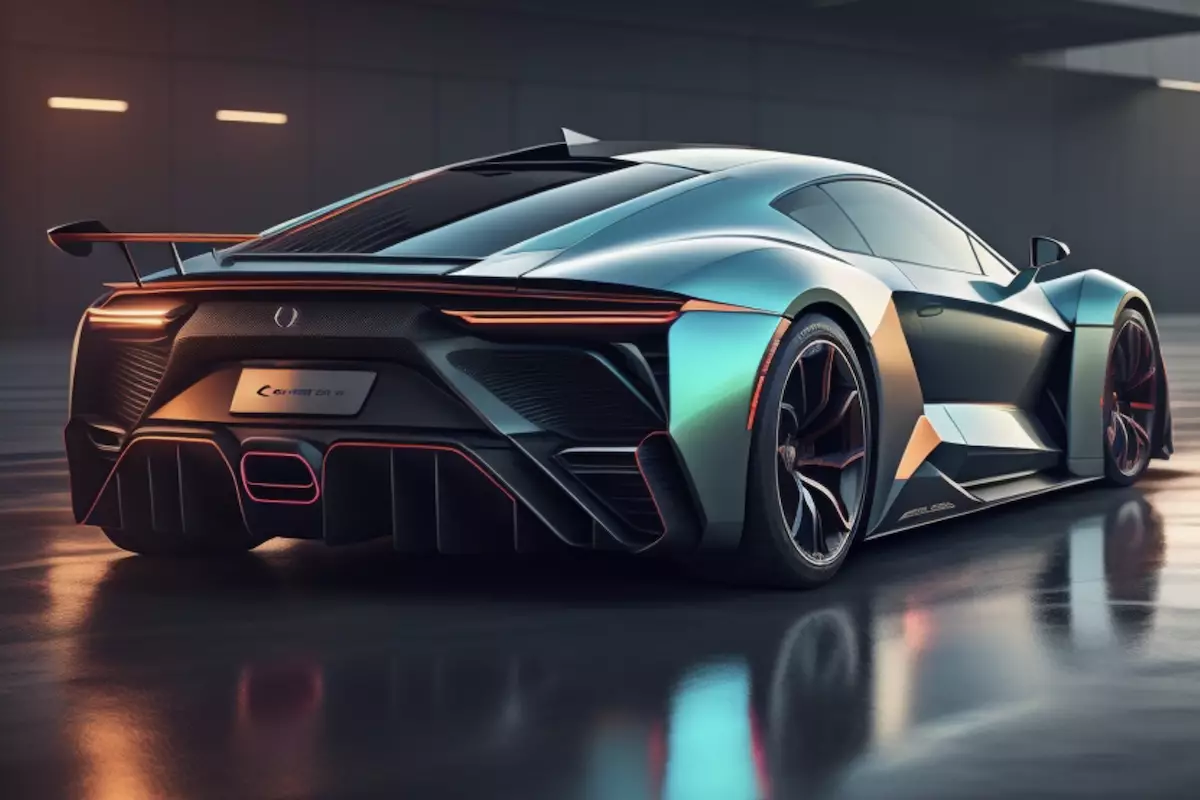The emergence of car tokenization is fundamentally reshaping the landscape of vehicle ownership. This innovative process transforms cars into digital tokens, secured on a blockchain, allowing for fractional ownership. Rather than singular ownership models that demand significant upfront investment, car tokenization democratizes access to high-end and collectible vehicles. This approach is not just a technological novelty; rather, it signifies a seismic shift in how individuals can engage with luxury automobiles, enabling people to invest without the financial burden of purchasing an entire vehicle outright.
At its core, car tokenization involves the conversion of vehicles—ranging from modern supercars to classic beauties—into digital shares represented by tokens. These tokens reside on a secure and transparent blockchain ledger, ensuring that transactions and ownership records are both reliable and readily accessible. By breaking down the ownership of cars into smaller, more manageable stakes, investors can diversify their portfolios and partake in the luxury car market without excessive financial commitment.
One of the most significant advantages of car tokenization is the introduction of fractional ownership. This model permits multiple investors to hold shares in a single vehicle, enhancing inclusivity in a market previously dominated by a select few. For instance, individuals who have long aspired to experience the thrill of driving a Ferrari or a Lamborghini can now achieve this dream by purchasing a small stake in such luxury models. This shift not only increases the number of potential investors but also enhances the market dynamics for high-value cars.
Moreover, the ease of trading these digital tokens introduces a level of liquidity often absent in traditional car investments. Investors can swiftly buy and sell their shares in a cost-effective manner, creating a more dynamic market environment. This streamlined trading process, facilitated by blockchain technology, minimizes the cumbersome administrative overhead typically associated with conventional car sales.
Another notable feature of car tokenization is the redistribution of ownership costs. Traditional vehicle ownership entails various expenses, including maintenance, insurance, and storage. However, with fractional ownership, these costs can be shared among all token holders, alleviating the financial burden on individual investors. This practical approach not only makes owning luxury vehicles more appealing but also aligns with the values of sustainability and shared economy fostering.
The introduction of shared responsibility appeals to a society increasingly focused on collaborative consumption. Car tokenization embodies this shift, not only addressing the financial implications of ownership but also promoting a sense of community among investors, creating shared experiences centered around the vehicles they collectively own.
As car tokenization paves the way for a new asset class, it presents investors with unique opportunities. The ability to invest in tangible assets such as rare classic cars or limited-edition models extends beyond the traditional stock market and offers a form of diversification. Asset appreciation in the automotive world can be significant, particularly for vehicles that are rare or culturally iconic.
Recent partnerships, such as those between Renegade, a cryptography-focused banking firm, and Mulsano, a German luxury car dealership, demonstrate the growing practical applications of this concept. These collaborations allow individuals to purchase fractional shares of high-end collector cars with tokens sold at accessible price points, furthering engagement in this emerging market.
Despite the promising potential of car tokenization, challenges remain on the horizon. Regulatory uncertainty poses one of the most pressing issues within this domain. As governments worldwide grapple with the implications of digital assets, the lack of clear guidelines can complicate transactions and deter potential investors. Organizations engaged in car tokenization must navigate a complex landscape to safeguard their operations and protect investor interests.
Another barrier to widespread adoption is education. Tokenization, blockchain technology, and digital currencies are concepts that can be daunting for many. Raising awareness and ensuring that potential investors fully understand the risks and rewards associated with car tokenization will be vital for growth in this sector.
As the regulatory environment matures and public understanding grows, car tokenization holds the promise of transforming investment paradigms within the automotive industry. It could introduce more diversified options tailored to a new generation of investors seeking ways to engage in tangible assets. While traditional ownership models remain prevalent, tokenization offers a compelling and flexible alternative, particularly in a world increasingly leaning toward technology-driven solutions for ownership and investment.
The evolution of vehicle tokenization is in its nascent stages, yet its potential to redefine car ownership is substantial. By enabling fractional ownership and leveraging blockchain technology, it not only makes the luxury car market more accessible but also establishes a new cultural ethos centered around shared experiences and cooperative ownership. A bold new chapter in automotive investment is beginning to unfold, and its impact will undoubtedly resonate across diverse segments of society.















